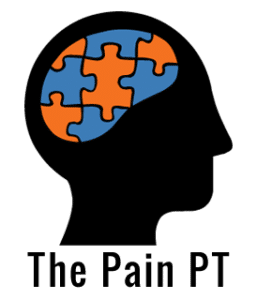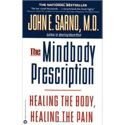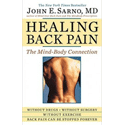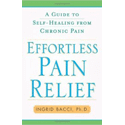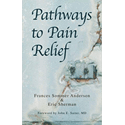Study Validates the Connection Between Emotions, Pain and the Brain
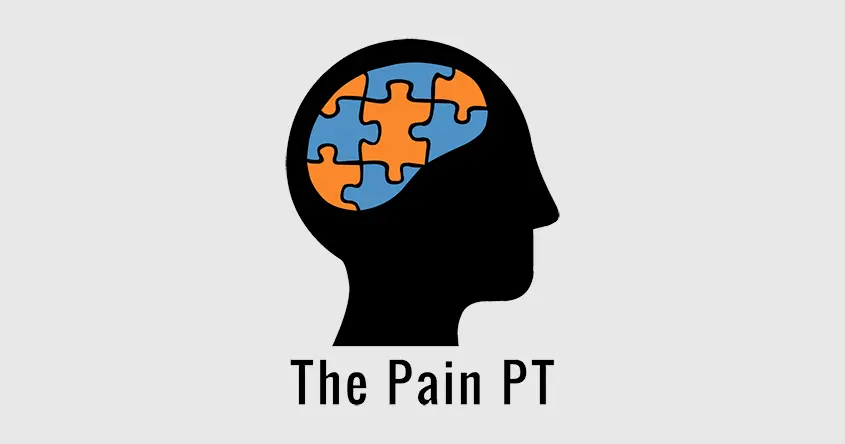
Stumbled upon this 2020 study that really brings the mind-body connection into focus on many levels. These researchers took fMRI scans of the brain while inflicting a painful stimulus to the arm and at the same time creating scenarios of interpersonal rejection or acceptance through a game that either included or excluded participants. What the researchers found is stated below in their own words:
“Our findings provide compelling preliminary evidence that feelings of interpersonal rejection modulate the neural processing of pain, supporting the study hypotheses. Moreover, the degree to which participants perceived others to be rejecting, regardless of whether the rejection occurred, correlated positively with reported pain intensity, as well as with neural activity in pain processing systems.”
They fMRI findings showed overlap in the brain areas for emotion and physical pain and pathways for how feelings of being emotionally rejected can cause physical pain in the body. Another interesting finding was that they also looked at the level of bonding these participants had with their parents and if that had an impact on the amount of emotional rejection and physical pain these participants felt in the study. What they found was this:
“The intensity of pain experienced in interpersonal contexts was also associated with measures of the quality of early childhood caregiving, which in turn correlated with brain activity during pain and the strength of emotion pain interaction on neural level.”
So this study really validates many things I see a lot when working with people with chronic pain: 1) Feelings of emotional rejection can cause increased physical pain 2) the brain pathways for emotions and physical pain overlap so there is connection there between emotions and physical pain and 3) adverse childhood experiences or lack of parental bonding can increase emotional feelings like rejection (even if the rejection is perceived and not real) which can amplify physical pain.
https://www.sciencedirect.com/science/article/abs/pii/S002239991930491X
